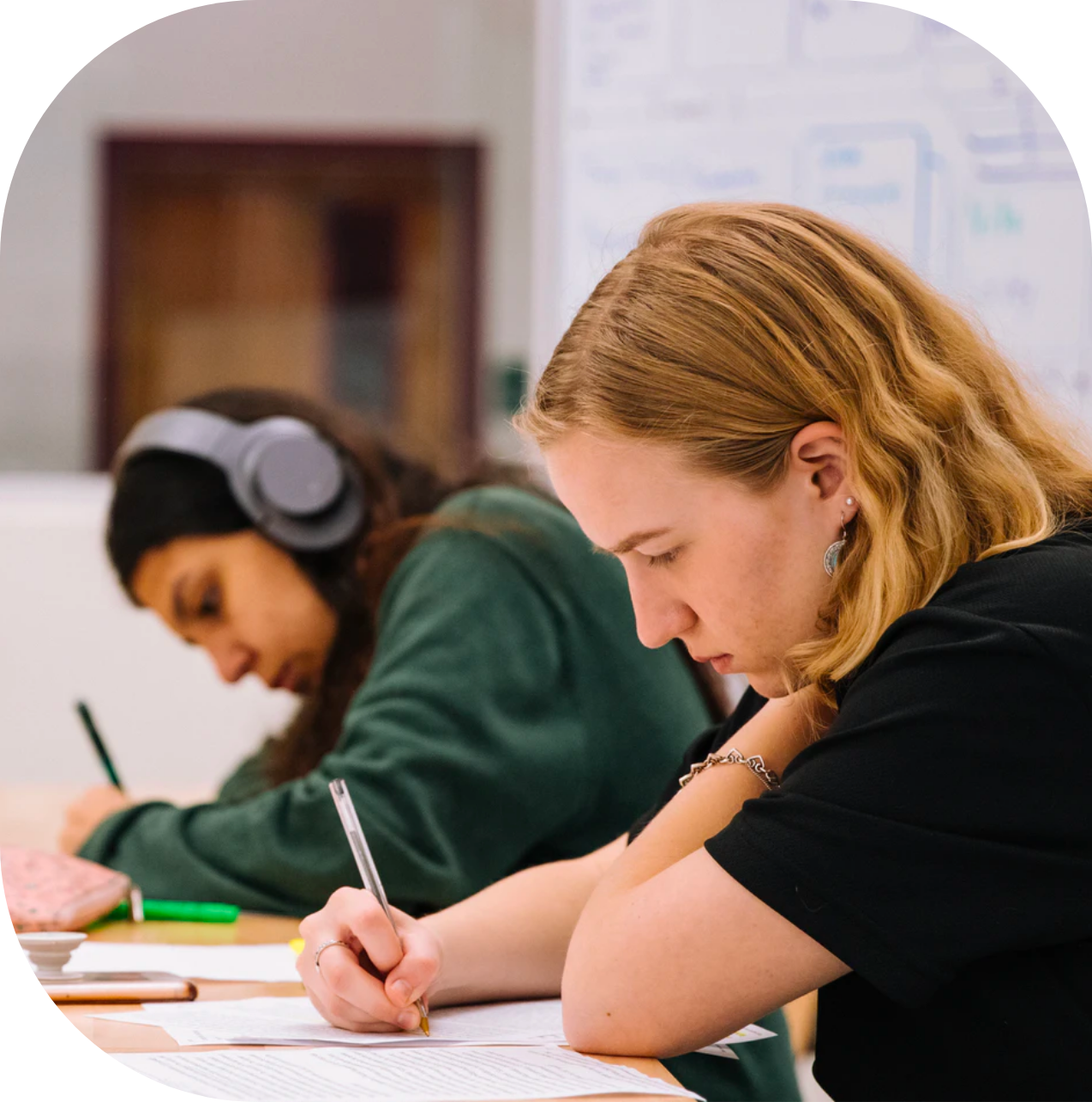Shaping Our Brain
Shaping Our Brain
How Neuroplasticity Can Enrich Our Lives

About the Webinar Series
This series explores the profound role the brain plays in shaping our lives, and the implications of neuroplasticity - the ability for us to shape our brains. Each part of the series will examine a different aspect of neuroplastic potential across our lifetime, in education, and for society as a whole. The audience will be invited to consider: what would an enhanced cognitive capacity mean for me, my children, for individuals with learning issues, for humanity? Participants will be invited to ask questions, share ideas and join a growing movement of people and organizations that see cognitive enhancement as key to the pursuit of human potential.
The Brain: Our Most Important Asset
Our brains are at the heart of our every move, thought, and interaction. Its intricate design shapes how we participate, are understood by others, and see ourselves.
This first of a 5-part series examines both our brain’s complexity and its uniqueness. We will explore the concept of ‘cognitive function’ and describe how specific intellectual processes work together to achieve the simplest to complex tasks.
Our own cognitive profiles are as distinct as fingerprints. Gaining insight through a cognitive lens, therefore, allows us to better understand ourselves and others.
Our Speaker

Tara Bonner
SITE IMPLEMENTATION ADVISOR
Our Speaker

Debbie Gilmore
Executive Director
Our Brains at Work, Rest, and Play
Building a stronger brain means achieving your best through cognitive enhancement. By engaging in targeted cognitive exercises, we can increase our cognitive capacity and lead a better life.
This second part of the 5-part series analyzes the brain's role at school, the workplace, at home, and throughout our lives. We will discuss the benefits of cognitive programming for all - irrespective of ability.
Adding the Brain to the Education Equation
The first 10 years of school life are pivotal. What and how a child learns during this period determines the life they will create for themselves, and how they will contribute to the world. It is encouraging that many educators, professionals, and policymakers are recognizing that school curricula must evolve to meet the needs of today’s students. In fact, we would argue that a revolution is due.
Part 3 of the Webinar Series will consider how the skills identified essential for our modern world, such as critical thinking, flexibility, emotional intelligence, are directly connected to specific cognitive functions. We will examine how a cognitive program can elevate underlying brain processes responsible for acquiring these 21st-century skills, fundamentally preparing students to be the leaders and shapers of tomorrow.
Our Speaker

Debbie Gilmore
Executive Director
Our Speaker

Tara Bonner
SITE IMPLEMENTATION ADVISOR
How We Learn: The Brain's Role in Academics
As we learn, our brains continually change. From toddlerhood to early childhood, all of life’s natural learning experiences—from lullabies to balancing blocks – are shaping the function and structure of circuits in the brain.
When children go off to school, they need to adapt these circuits of their brains in new and profound ways as they learn how to translate letters into words, words into ideas, and numbers into mathematical concepts. This presentation examines this very exchange – how do our brain learn? What is happening as we read, write, or solve a math problem? How might this perspective shape our understanding of our own experiences, and that of our children and students? Is there really such thing as a “math person”?
Join us to consider the brain’s role in learning, the science behind fundamental academic skills, and the potential to change the trajectory of traditional learning processes through a neuroplastic approach.
The Users Guide to Your Brain
So far we’ve examined the role of the brain from different perspectives and different scenarios. This webinar takes us back to a core principle – how does it operate? What does its instructional manual look like?
Unique from traditional educational assessments, a cognitive assessment goes beneath skills and performance and examines the functioning of the core networks that shape our lives. This assessment can be a user’s guide to understanding ourselves and others.
Join us on May 17th to learn more about the role how cognitive assessments can become an essential tool for understanding and improving our lives.
Our Speaker

Tara Bonner
SITE IMPLEMENTATION ADVISOR
Identifying your or your child’s learning profile of strengths and weaknesses is the first step in finding a solution, to put you or your child on a path of learning grounded in competence and filled with confidence.
Explore your or your child's unique cognitive profile.

Student
Testimonial
“Three months into the program, my teachers, family, and I saw dramatic changes…
School was easier, homework took less time, retaining information came easily, and my grades improved. And just as importantly, my frustration plummeted and my confidence soared as the fog that had blanketed my brain for sixteen years lifted.”
– Carlie (Arrowsmith School Online Student)
As Seen In
Notable Media
With more than 40 years of proven results and well-researched studies, many notable media outlets and organizations have featured the work of Barbara Arrowsmith-Young, the Arrowsmith Program and Arrowsmith Schools, including:







Did you know?
Students who come to the Arrowsmith Program are of average to above average intelligence but are having difficulty learning academic and social skills efficiently and independently.


